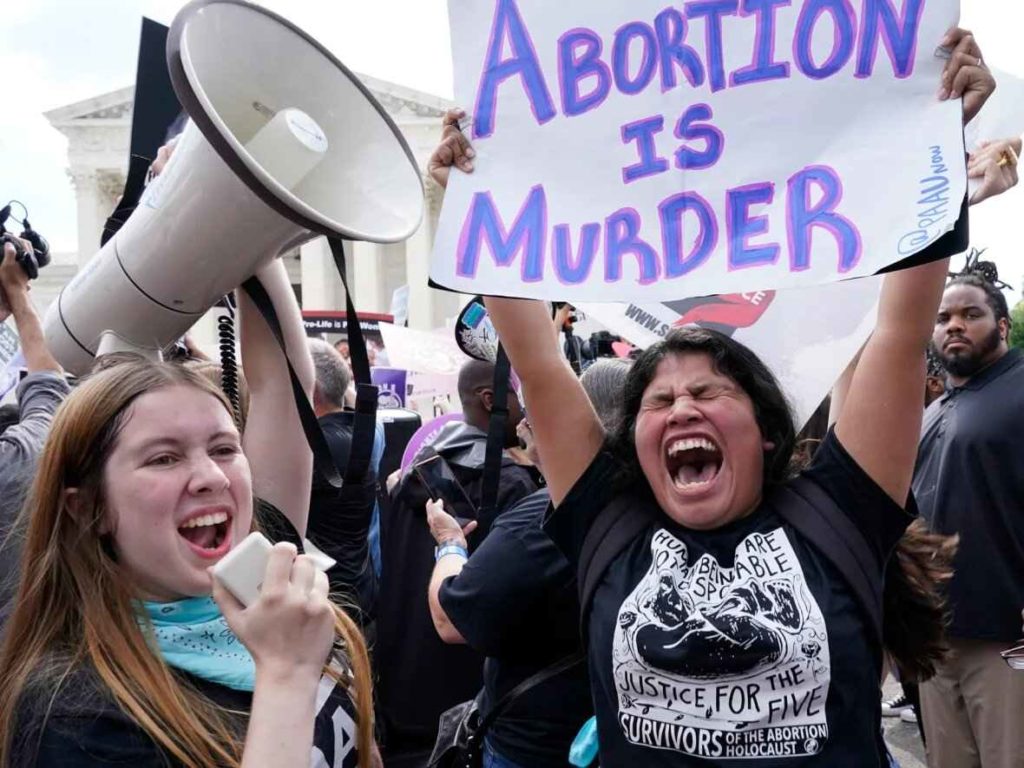A judge ruled on Friday that Arizona can enforce a near-total ban on abortions that had been blocked for nearly 50 years, meaning that clinics statewide will have to stop providing the procedures to avoid criminal charges being filed against doctors and other medical professionals.
The judge lifted a decades-old injunction that had prevented the law’s enforcement since before Arizona became a state that prohibits nearly all abortions. The only exception to this rule is if the woman’s life is in danger.
The ruling requires individuals seeking abortions to travel to another state. A possible appeal of the ruling exists.
After hearing arguments on Republican Attorney General Mark Brnovich’s request to lift the injunction for more than a month, Pima County Superior Court Judge Kellie Johnson issued her ruling. It had been in effect since shortly after the 1973 Roe v. Wade decision, in which the U.S. Supreme Court ruled that women had a constitutional right to abortion.
The near-total ban on abortion was enacted decades prior to Arizona’s statehood in 1912. Injunctions halting prosecutions were issued in response to the Roe decision. Nonetheless, the law has been reenacted numerous times, most recently in 1977.
The ruling came one day prior to the implementation of a new Arizona law prohibiting abortions after 15 weeks of pregnancy.
The law passed by the Republican-controlled Legislature and signed by Republican Governor Doug Ducey in March was enacted with the expectation that the U.S. Supreme Court would reduce abortion restrictions.
It mirrored a Mississippi statute that the Supreme Court was considering at the time, which reduced the previous threshold by approximately nine weeks.
By overturning Roe v. Wade on June 24, the Supreme Court declared that states may regulate abortion as they see fit.
The judge, Johnson, stated that Planned Parenthood could file a new challenge. However, given Arizona’s strict abortion laws and the fact that all seven Supreme Court justices were appointed by Republicans, success seems unlikely.

